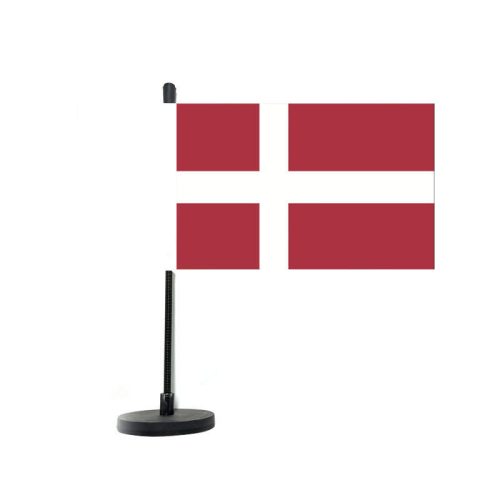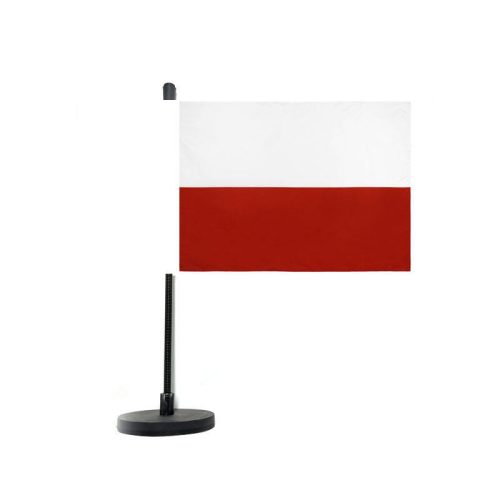The design of a flag can influence national identity in a number of ways. For example, the colors and symbols used on a flag can evoke a sense of patriotism and national pride. In some cases, the design of a flag can even be used to promote a specific ideology or political message.
Flags can also be used to promote a sense of unity and belonging among diverse groups of people. In countries with multiple ethnic and cultural groups, a flag can serve as a symbol of the shared values and aspirations that bring these groups together.
In addition, flags can play an important role in shaping a nation’s image on the global stage. A distinctive and recognizable flag can help to promote a country’s culture and heritage, and can make a powerful statement about the country’s values and priorities.
Overall, flags have the power to shape national identity in a variety of ways, and are an important symbol of a country’s history, culture, and values. By promoting a sense of unity, pride, and belonging, flags can help to create a stronger and more cohesive national identity, and can serve as a powerful force for social cohesion and political stability.


